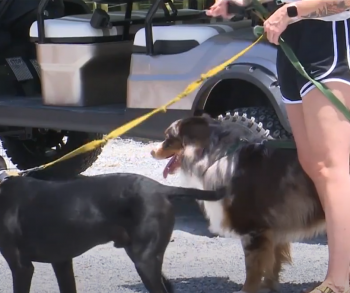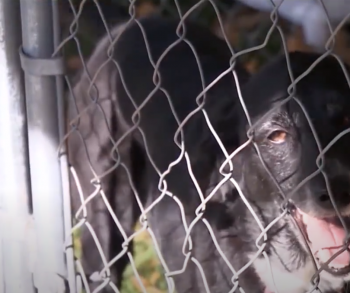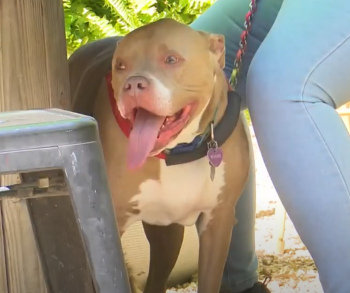The City of Wichita is currently evaluating a transformative proposal set forth by the Animal Services Advisory Board that could redefine the responsibilities of pet ownership and streamline shelter operations significantly. This potential new policy would make it obligatory for all pet owners within the city to microchip their cats and dogs. The initiative aims to expedite the reunification of lost pets with their owners and alleviate the pressure on overflowing local animal shelters. By mandating microchipping, Wichita aims to improve pet safety and management throughout the community.

In an effort to address ongoing challenges at the animal shelter, the Animal Services Advisory Board established a subcommittee in 2023 tasked with evaluating potential improvements. One of the critical outcomes of this subcommittee’s review was the recommendation for compulsory pet microchipping, recognized as a vital tool in enhancing pet recovery rates and managing the shelter population more effectively.
Lieutenant Derek Purcell of the Wichita Police Department is a staunch advocate for the proposed microchipping ordinance. He highlighted the current situation at the shelter, noting the low percentage of microchipped animals. “At present, we are housing 187 animals, with none of the cats and only 12 dogs microchipped. That’s roughly 6% of our total shelter population,” Lt. Purcell pointed out. This statistic underscores the potential benefits of widespread microchipping in improving pet tracking and recovery.

The necessity for mandatory microchipping is rooted in the unpredictability of pets’ movements. Jordan Bani-Younes, the Communications Director for the Kansas Humane Society, explains, “No one ever anticipates their pet will go missing, which is why preemptive measures like microchipping are so crucial. It’s a simple, yet profoundly effective method to ensure a lost animal’s return.”
Microchips are small electronic devices implanted in the region between an animal’s shoulder blades. Each chip is encoded with a unique identification number that is registered to an owner’s contact information, including address and phone number. This allows shelters and veterinarians to quickly identify the owner of a lost pet when the microchip is scanned, provided the chip’s registration information is kept up to date.
Lt. Purcell emphasized the broader benefits of the proposed ordinance: “By making microchipping mandatory and ensuring owners regularly update their contact details, we’re not only maximizing the technology’s efficacy but also fostering a culture of responsible pet ownership.”

Concerns regarding privacy have been addressed by officials. Bani-Younes reassured pet owners that the microchip is purely functional, storing only the necessary registration code, and does not compromise personal data. He also noted the cost-effectiveness of the procedure, with microchipping priced around $15. To further support pet owners, the Kansas Humane Society periodically offers free microchipping events, promoting wider accessibility to this essential service.
As the city council prepares to discuss this significant ordinance in the coming month, Wichita stands on the cusp of adopting a policy that could set a precedent for responsible pet management and community safety. This debate will not only shape the future of pet care in Wichita but also potentially serve as a model for other cities grappling with similar challenges.
Click the video below to watch this incredible story!
Please ‘SHARE’ to pass on this story to a friend or family member
 Toledo, United States.
Toledo, United States.